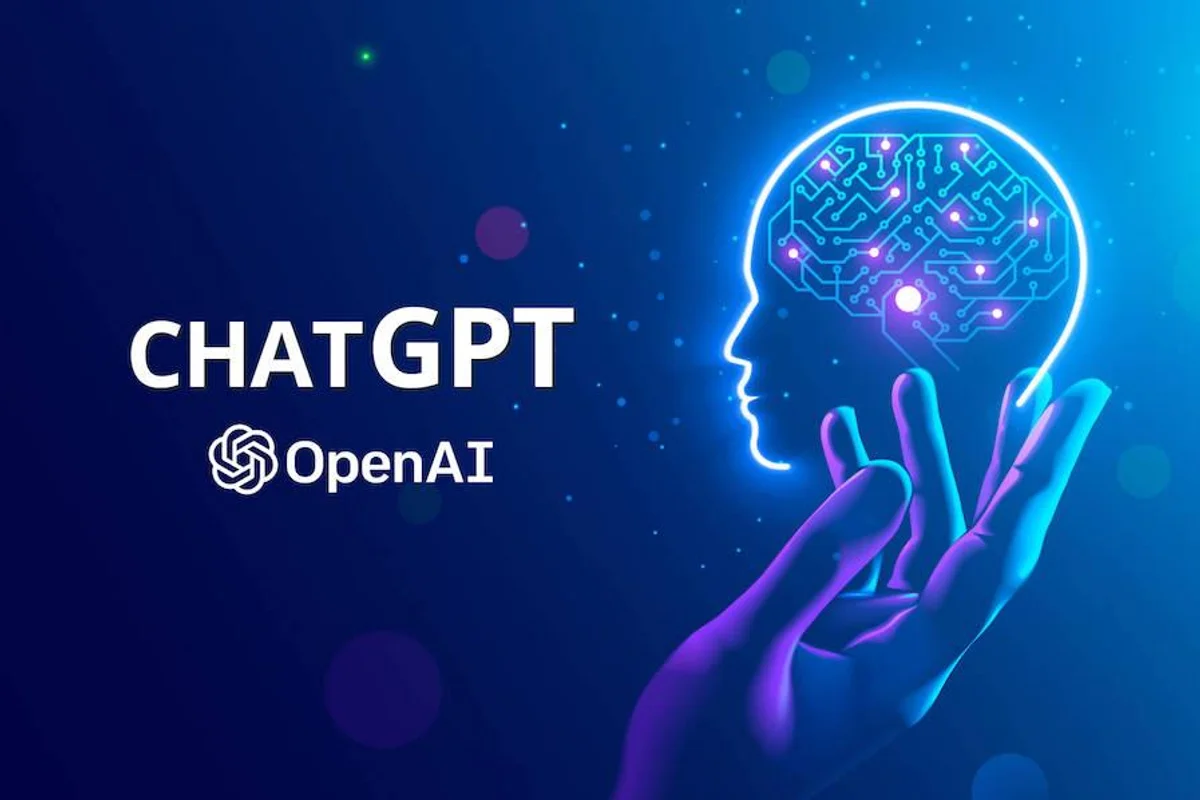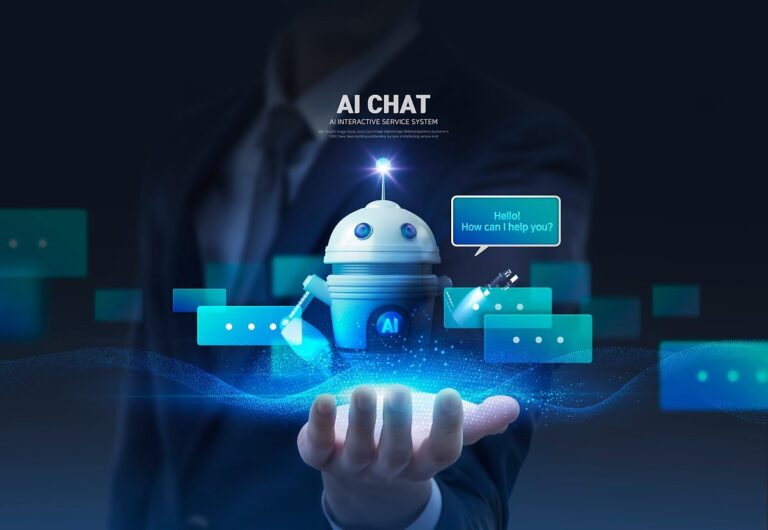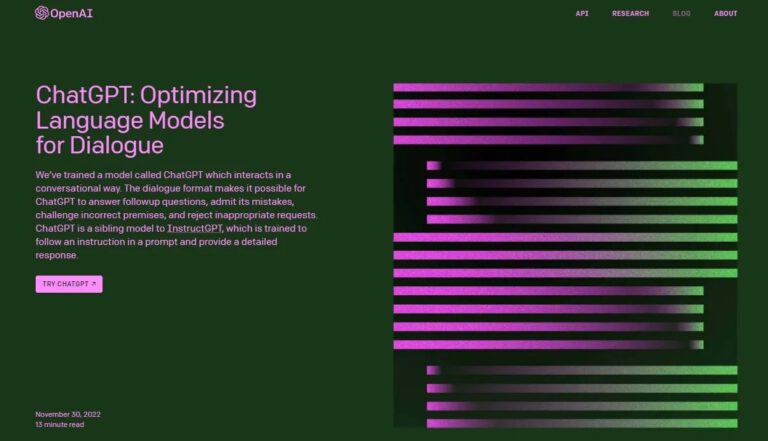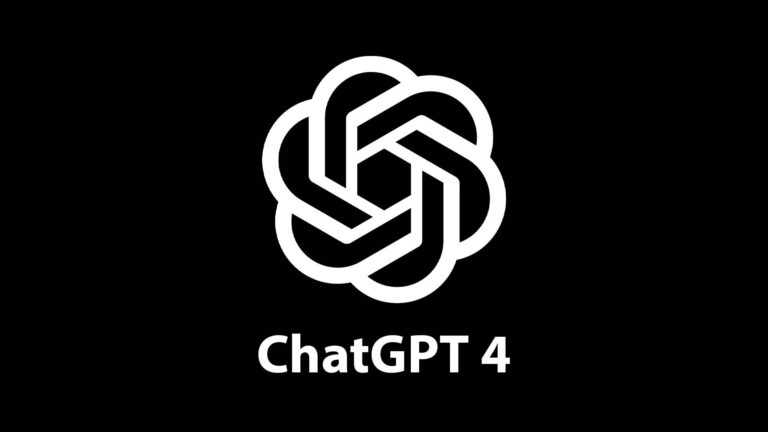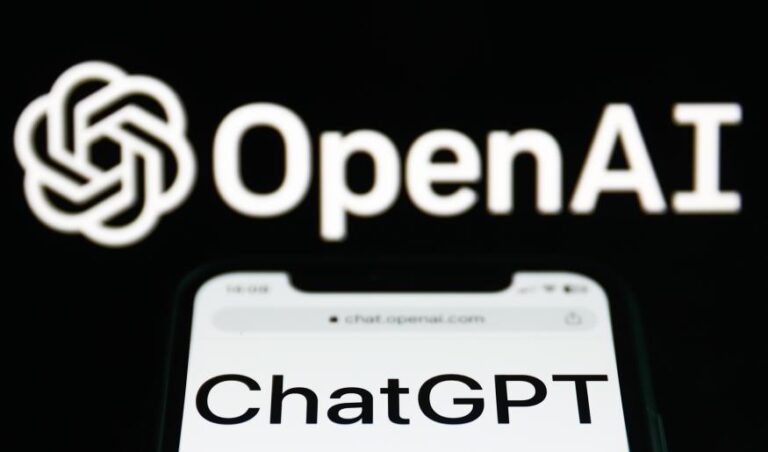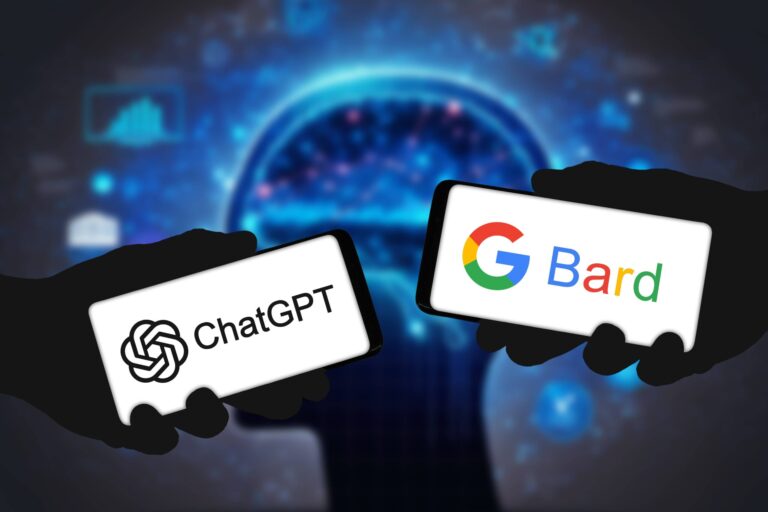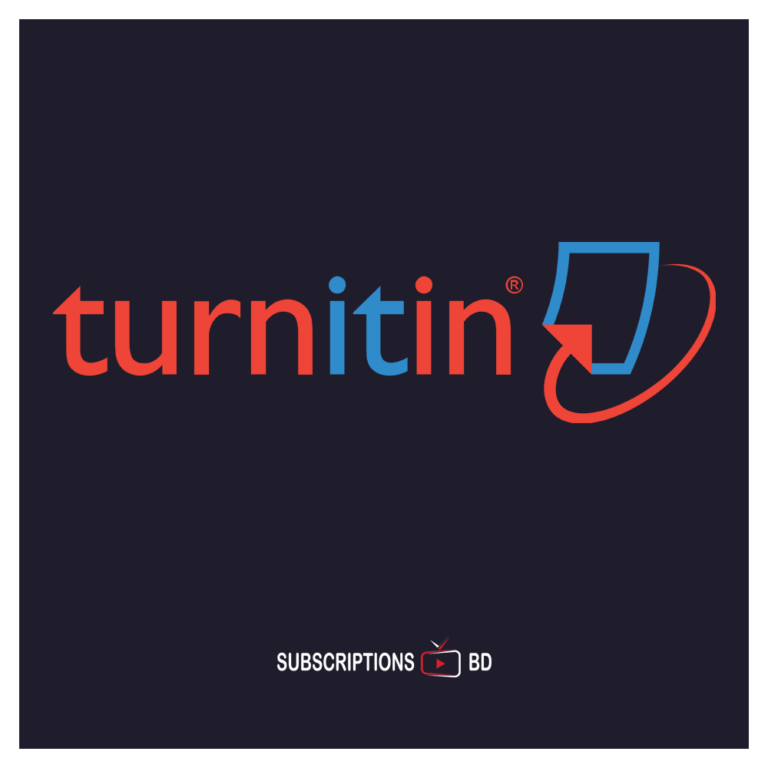Who Owns Chat GPT? Unraveling Ownership
In the digital era, artificial intelligence has become an integral part of our lives, transforming the way we interact with technology. Among the impressive advancements in AI, ChatGPT stands out as a powerful and versatile conversational AI tool. This article delves into the depths of ChatGPT and explores the intriguing question: Who owns ChatGPT?
Understanding ChatGPT
ChatGPT, developed by OpenAI, is an AI language model designed to generate human-like text based on the input it receives. It utilizes a deep learning architecture called a transformer, which empowers it to understand and produce coherent and contextually relevant text. ChatGPT is renowned for its ability to engage in conversations, answer queries, draft content, and even simulate different writing styles.
ChatGPT’s functionality revolves around a process known as unsupervised learning. During this training, it is exposed to a wide array of internet text to grasp grammar, facts, reasoning abilities, and even biases present in the data. It doesn’t possess inherent knowledge or awareness, but rather mimics human language patterns it learns from the data it processes.
Evolution of AI Chatbots
The journey of AI chatbots dates back to the 1960s, when ELIZA emerged as one of the first conversational programs. However, it wasn’t until recent years that significant strides were made, with the introduction of neural networks and deep learning techniques. This marked the dawn of more sophisticated and context-aware chatbots.
OpenAI, the organization behind ChatGPT, has been at the forefront of this evolution. With each iteration of their language models, they’ve pushed the boundaries of what AI can achieve in terms of language understanding and generation.
The Company Behind It
OpenAI, short for Open Artificial Intelligence, is a research organization dedicated to advancing AI for the benefit of all humanity. Founded in December 2015, OpenAI’s mission is to ensure that artificial general intelligence (AGI) benefits all of humanity, rather than being controlled by a few entities.
The organization has garnered attention and investment due to its groundbreaking AI models, such as GPT-3 and ChatGPT. OpenAI envisions a future where AI technologies are developed ethically and responsibly, aligning with the best interests of society.
Who Owns ChatGPT?
The question of ownership in the realm of AI is complex. While OpenAI is the creator of ChatGPT, the concept of ownership becomes blurred when considering AI’s ability to generate content independently. Legally, AI-generated content doesn’t fall under copyright protection, as it lacks human authorship.
In the case of ChatGPT, OpenAI retains ownership of the model itself, the underlying technology, and the data used to train it. However, the outputs generated by ChatGPT are a collaborative effort between the model’s training data and the user’s input. Therefore, the ownership of the content generated by ChatGPT is a shared responsibility.
Importance of Ownership
Ownership of AI-generated content carries significant implications. From a legal standpoint, it challenges existing copyright laws and raises questions about authorship and intellectual property. Ethically, it sparks discussions about transparency, accountability, and bias in AI systems.
As AI-generated content becomes more prevalent in various industries, including journalism, creative writing, and marketing, establishing clear ownership guidelines is essential to avoid disputes and ensure fair compensation for creators. Striking a balance between innovation and ethical considerations is crucial to navigate this uncharted territory.
Conversational AI Ethics
The rise of conversational AI systems like ChatGPT has spurred conversations about the ethical use of technology. These systems have the potential to amplify biases present in the training data, leading to discriminatory or offensive outputs. Ensuring that AI systems uphold ethical standards and promote inclusivity is of paramount importance.
OpenAI has been proactive in addressing these concerns. They have implemented measures to reduce biases and allow users to customize ChatGPT’s behavior within certain limits. Ongoing research and community feedback play a vital role in refining AI models to align with ethical principles.
Impact on Industries
The impact of ChatGPT and similar technologies on various industries is profound. In content creation, ChatGPT assists writers by generating drafts, brainstorming ideas, and providing language suggestions. Customer support benefits from AI-powered chatbots that offer instant assistance and streamline communication.
Educational institutions can utilize AI to enhance learning experiences through interactive tutorials and personalized feedback. Healthcare, finance, and research sectors also stand to gain from AI’s analytical capabilities, improving decision-making and efficiency.
Future Developments
The future of ChatGPT holds exciting possibilities. OpenAI is actively working on refining its models and addressing limitations. Collaboration between AI and human experts is likely to result in more accurate and reliable outputs. As AI systems become more adept at understanding context and user intent, they will continue to revolutionize the way we interact with technology.
FAQs
Q: Can I claim copyright on content generated by ChatGPT?
A: No, AI-generated content is not eligible for copyright protection. While you can use the content, it’s important to acknowledge the collaborative nature of its creation.
Q: Is OpenAI the sole owner of ChatGPT’s content?
A: OpenAI owns the model and the technology, but content generated is a joint outcome of the model and user input, blurring traditional ownership lines.
Q: How does ChatGPT handle biases in its responses?
A: OpenAI is committed to reducing biases. While biases may still appear, ongoing research and user feedback help improve the system’s responses over time.
Q: Can I use ChatGPT for any industry?
A: Yes, ChatGPT has applications across industries like content creation, customer support, education, healthcare, and research.
Q: What does the future hold for AI-powered conversational systems?
A: The future is promising, with AI becoming more refined, context-aware, and collaborative. It will continue to transform industries and how we interact with technology.
Q: Can AI-generated content replace human creativity?
A: AI can assist in generating content, but human creativity and expertise remain invaluable for tasks requiring emotional intelligence and complex reasoning.
Q: Is OpenAI transparent about how ChatGPT works?
A: Yes, OpenAI provides insights into the model’s architecture and training process, fostering transparency and understanding.
Q: How does ChatGPT understand user intent?
A: ChatGPT analyzes context from user inputs and learns from patterns in its training data to generate relevant and coherent responses.
Q: Can I customize ChatGPT’s behavior?
A: Yes, OpenAI allows some level of customization to align with user preferences, within specified ethical boundaries.
Q: Will AI eliminate the need for human-written content?
A: While AI can automate certain tasks, human-written content retains its uniqueness, emotional depth, and creative elements.
Conclusion
ChatGPT has undoubtedly revolutionized the way we interact with AI and technology as a whole. The question of ownership in the AI-generated content landscape is complex and multifaceted. As OpenAI continues to refine its models and address ethical concerns, the future holds exciting potential for AI systems to assist and collaborate with humans across various domains.
